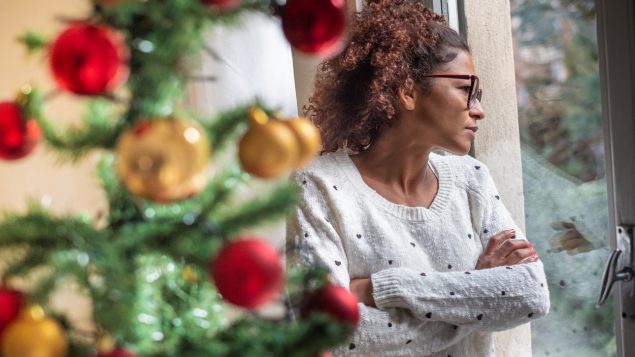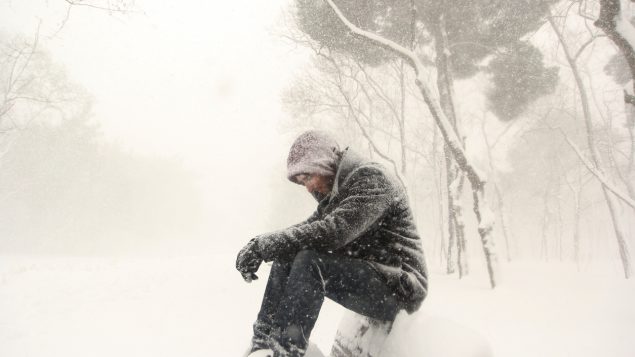One in ten Canadians are experiencing suicidal thoughts during this second wave of the COVID-19 pandemic, according to a survey done for the University of British Columbia and the Canadian Mental Health Association (CMHA).
That is a steep increase from six per cent in the early months of the pandemic and 2.5 per cent before the pandemic.
A majority of respondents (71 per cent) said they were worried about the second wave of the virus, with 58 per cent worried about a friend or family member dying. Only 21 per cent reported feeling hopeful.
Winter is long, dark and cold in Canada. It can begin around November and go on until the beginning of May. It can leave 15 per cent of people in Canada with what the CMHA calls “the winter blues” and describes as a wave of low emotions. Beyond having to face a long winter, Canadians in many parts of the country are not allowed to see friends because of local restrictions to prevent the spread of the coronavirus and they are having to cancel visits with family over Christmas.

Many people have had to cancel plans to see family at Christmas due to the pandemic. (iStock)
More people in subgroups affected
This survey has found that 40 per cent of Canadians say their mental health has deteriorated since the beginning of the pandemic in March 2020. The numbers are worse for many groups. Of those who are unemployed, 61 per cent say their mental health has deteriorated. The figure is 61 per cent among those with pre-existing mental health issues, 60 per cent for those in the 18 to 24 age group, 54 per cent among Indigenous peoples, 54 per cent among those who identify as LGBTQ2+ and 50 per cent for those with a disability. Almost half of women and a third of men say their mental health has declined.
“Cold weather, uncertainty, eroded social networks and restrictions on holiday gatherings are hitting at a time when people are already anxious, hopeless and fearful that things are going to get worse,” says CMHA’s National CEO, Margaret Eaton. “I am afraid that many people are in such despair that they can’t see past it.”

Many parents of young children are worried about their finances. (iStock)
Several worries for parents of young children
Parents of children under 18 year old feel a great deal of pressure. Worries about finances were flagged by 48 per cent and 27 per cent were worried about getting enough food. One in five were concerned about being safe from physical or emotional violence at home.
Nearly one in five said they have increased a use of substances to help them cope. One fifth of respondents increased their consumption of alcohol, nine per cent increased the use of cannabis (legal in Canada) and seven per cent used more prescription drugs.
The CMHA says that even before the pandemic, Canada was not meeting people’s mental health needs, citing long waiting lists, issues around access, inequity and underfunding.
The survey was conducted from September 14 to 21, 2020 with a sample of 3,027 people living in Canada aged 18 and over.
Help is offered
The CMHA urges people in need of help to access publicly available resources such as:
- Reach Kids Help Phone at 1-800-668-6868 or www.kidshelpphone.ca
- Thinking of suicide? Call 1-833-456-4566 (in the province of Quebec): 1-866-277-3553) or visit www.crisisservicescanada.ca.
- In an emergency, please call 9-1-1 or visit your nearest emergency department.







For reasons beyond our control, and for an undetermined period of time, our comment section is now closed. However, our social networks remain open to your contributions.